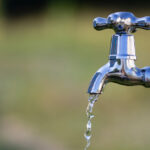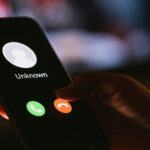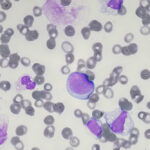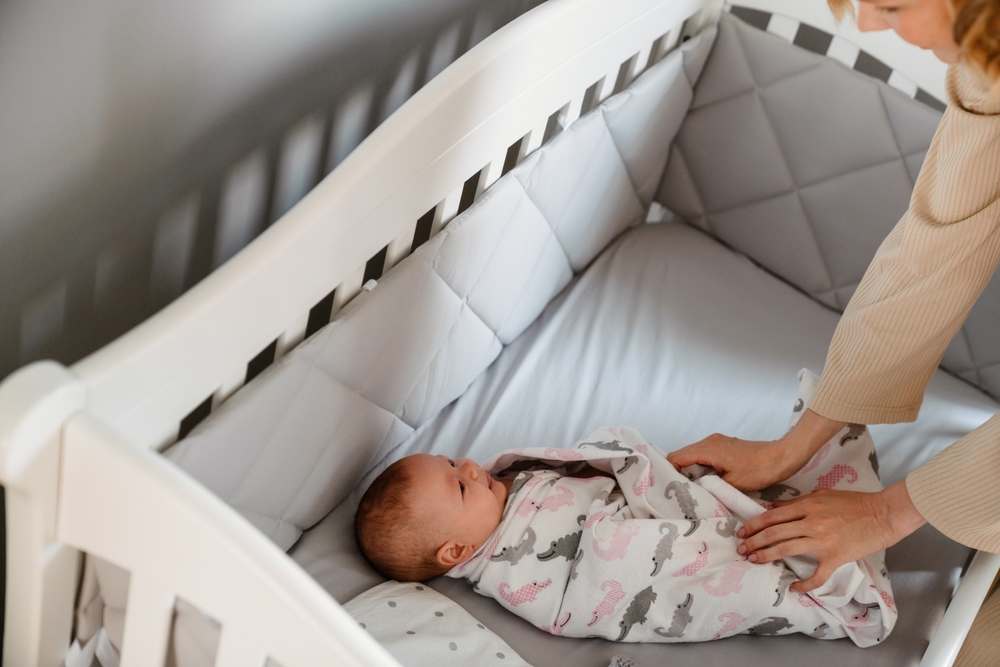Wrongful Death Lawsuits Filed Over Highly Caffeinated Panera Drink
Panera Bread is facing lawsuits over it’s “Charged Lemonade” beverages. The first lawsuit was filed by the parents of a 21-year-old college student who died after drinking one of the restaurant chain’s heavily caffeinated lemonade drinks.
Sarah Katz, a promising University of Pennsylvania junior, had a heart condition known as long QT syndrome type 1(LQT1), which causes irregular heart rhythm. She had been on daily medication and studiously avoided energy drinks and other highly caffeinated beverages since her diagnosis at age five.
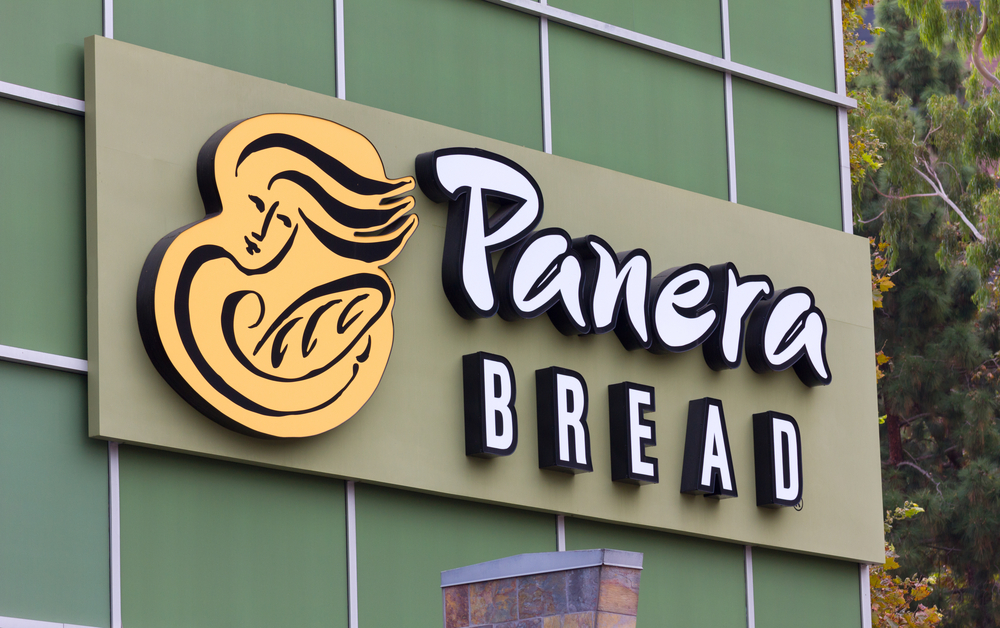
Shortly before passing away in September 2022, Katz had purchased an “Unlimited Sips Club” membership at Panera, which allows unlimited free refills every two hours on most beverages offered at the store for a current monthly price of $11.99.
Panera did not market their Charged line as energy drinks at the time of Katz’s death but as a product that is “plant-based and clean with as much caffeine as our Dark Roast coffee,” said the wrongful death lawsuit.
However, according to nutrition facts on Panera’s website, the large-size Charged Lemonade has more caffeine than any size of the chain’s Dark Roast coffee.
According to photos presented as evidence, it was also located at the regular beverage station area inside the stores alongside regular tea, coffee, and fountain drinks.
A large Charged Lemonade contains about 390 mg of caffeine, with nearly 30 teaspoons of sugar and other stimulants like guarana extract. Healthy adults can safely consume around 400 mg a day or 4-5 cups of coffee. 390 mg is more caffeine than a 12-oz Red Bull and 16-oz Monster Energy combined.
On the day of her death, according to the lawsuit, Katz consumed a large Charged Lemonade before later going into cardiac arrest during dinner out with friends. She died at the hospital after a second cardiac arrest.
According to an autopsy report obtained by CNN, Katz’s cause of death was ruled cardiac arrhythmia due to long QT syndrome.
Katz taught CPR in underserved communities and was a research assistant at a children’s hospital.
“She was very, very vigilant about what she needed to do to keep herself safe,” said Katz’s friend and roommate, Victoria Conroy, to NBC News. “I guarantee if Sarah had known how much caffeine this was, she never would have touched it with a 10-foot pole.”
The lawsuit alleges that Panera failed to warn consumers of the potential dangers of its Charged Lemonade drinks.
They “include no warning of any potentially dangerous effects, even the life-threatening effects on blood pressure, heart rate, and/or brain function,” it said.
Katz drank the 30-ounce beverage “reasonably confident it was a traditional lemonade and/or electrolyte sports drink containing a reasonable amount of caffeine safe for her to drink.”
While products like Charged Lemonade tout “clean” sources of caffeine like guarana extract, health experts say these are not safer than any other caffeine source.
The FDA does not require energy drinks, even from leading brands like Monster and Red Bull, to limit themselves to a certain amount of caffeine or disclose how much they contain.
A May 2019 study published in the Journal of the American Heart Association detected abnormal electrical activity and higher blood pressure in participants aged 18-40 who drank 32 ounces of energy drinks in one hour.
Researchers used an electrocardiogram to record the time it took their hearts’ lower chambers to prepare to generate a beat again.
A time interval that is too short or too long can result in a life-threatening arrhythmia.
The study said that about 30 percent of Americans aged 12-17 regularly consume energy drinks, which have been linked to increased emergency room visits and death.
“We were very saddened to learn this morning about the tragic passing of Sarah Katz, and our hearts go out to her family,” said Panera in a statement. “At Panera, we strongly believe in transparency around our ingredients. We will work quickly to thoroughly investigate this matter.”
A week after the lawsuit was filed, Panera added a new warning label to its Charged Lemonade line, saying it had “enhanced our existing caffeine disclosure for these beverages” out of “an abundance of caution.”
As of this writing, the chain has removed the comparison of the caffeine in Charged Sips to its Dark Roast coffee from its website.
Instead, it warns that “Charged Sips contain 245-390 mg of CAFFEINE – Consume in moderation. NOT RECOMMENDED FOR children, people sensitive to caffeine, pregnant or nursing women.”
Panera’s Charged Lemonade went viral on social media a few months after Katz’s death when a customer who didn’t know how much caffeine it contained posted a TikTok of herself shortly after consuming “four or five” refills of the mango yuzu flavor.
“This drink should come with a warning because it’s delicious and will lead to my cardiac arrest,” said the caption.
A second lawsuit was filed following a Florida man’s death. He drank three Charged Lemonades from a Panera in October and then suffered a fatal cardiac arrest.

